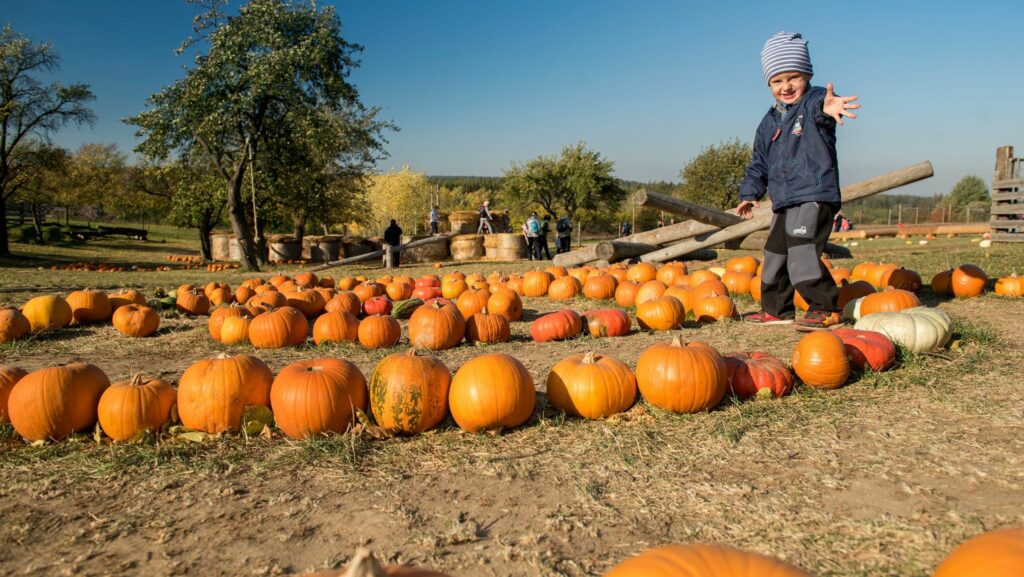A Czech Republic man who earned a Guinness World Record for the largest collection of Lego sets turned his love into a museum with four locations.
Miloš Křeček, who received his first Lego set as a Christmas present when he was 5 years old, was verified by Guinness World Records as owning 6,005 different Lego sets.
Křeček said his collection became too large to store at his home, leasing him to open the first Museum of Bricks location in Prague.
The museum now has three more branches in Kutná Hora, Poděbrady and Špindlerův Mlýn.
The collector said his favorite set is the Statue of Liberty, which he received on a sightseeing boat tour to the real Statue of Liberty in New York.
“I bought more than 90% of all Lego sets myself,” Křeček told Guinness World Records, “but sometimes I will receive a set for my collection from my customers or acquaintances, which makes me very happy.”
Křeček is often asked how much time he has spent building the sets in his lifetime, but he cannot give a precise answer.
“Unfortunately, this cannot be calculated in any way,” he says. “But on average, one set will take you about two hours and my collection contains over 10,000 models, so we get to 20,000 hours, which is over two years put together.”
“I bought more than 90% of all Lego sets myself,” he clarified, “but sometimes I will receive a set for my collection from my customers or acquaintances, which makes me very happy.”
According to Miloš, the most difficult Lego for him to assemble was the Star Wars™ 75313 AT-AT™ model.
“It was quite a challenge to assemble, with a total of 6,785 pieces. [But] the set that took me the longest to assemble was the new Lego Icons set 10307 The Eiffel Tower, with 10,001 pieces, which is also the tallest building of its kind with a height of 150 cm.”
As the collection keeps growing, more Museum of Bricks branches will be opening in other cities of the Czech Republic, proving that “breathtaking works of art can be created from a children’s kit.
Currently, the Museums store a total of over 6,751 different original sets, which grow by another 300 models every year – deriving either from Miloš’s private collection or by other contributors.










